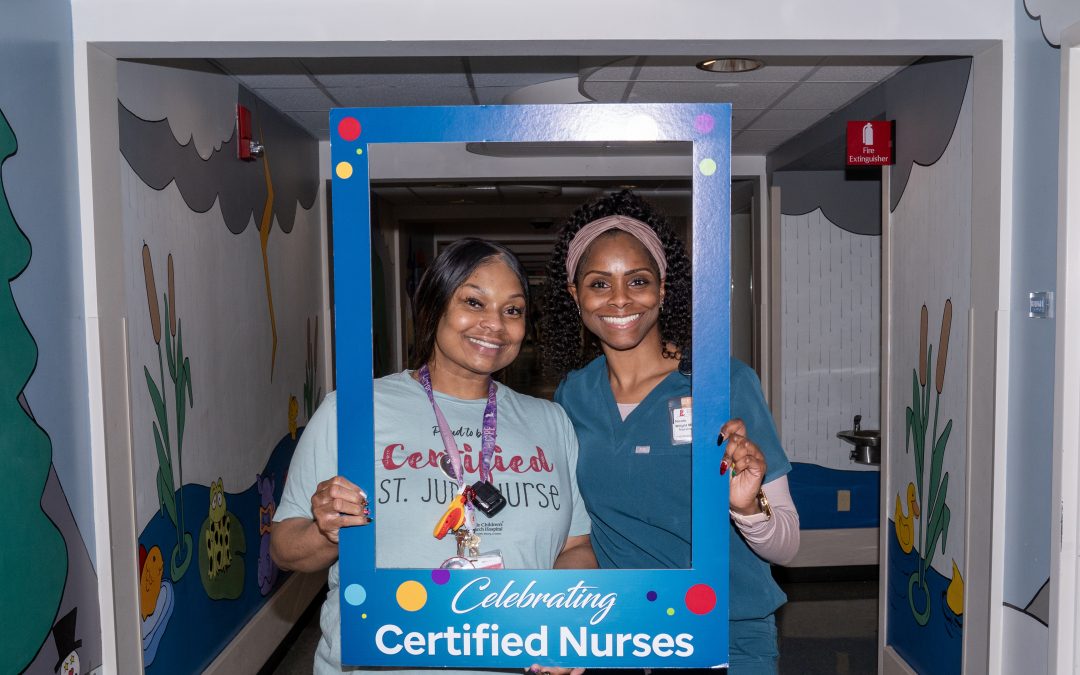Nicole Wright, a clinical nursing staff leader at a leukemia/lymphoma clinic and transplant and cell therapy clinic, had an unconventional path to a conventional career in medicine. Initially working random jobs, she discovered her calling while caring for her grandmother at 16, a moment that stuck with her.
“Once I started taking care of my grandmother, I just knew nursing was my purpose,” Wright said.
Wright graduated with a finance degree before returning to school for nursing, drawn back by the fulfillment it provided. “It’s more than helping others, it’s how I help,” she said.
Her achievements spanned clinical practice, starting as a bedside nurse, leadership, clinical staff leader overseeing two clinics, and education roles, all while earning advanced degrees.
“I’ve done everything from patient care to payroll management as part of this field,” Wright said.
Still, systemic challenges persisted.
“I will say there are times that I have been overlooked because of my race. There are times that I have experienced challenges that the other race have not experienced,” Wright said. “But those types of things do not stop me for from pursuing what I want to pursue.”
She said that instead, “it doesn’t do anything but make me work harder, because I know that I can get the job done, I know that I can excel.”
Yet the difference in treatment and challenges did not come without its frustrations. “There are times there it is frustrating because it’s not right. So just because I’m facing it and I can overcome it doesn’t mean that I’m okay with it,” Wright said. “I’m not gonna allow anyone to stop me just because of the color of my skin.”
However, Wright was neutral on the matter of contrast between Black people in conventional and unconventional careers. “I don’t believe that it matters if it’s conventional or unconventional a lot of times. What I do believe is that society, they do not want to see us to be great,” she said.
Despite societal barriers to success for Black professionals, whether in conventional or unconventional careers, she found her purpose in guiding others toward fulfillment. Her daughter’s interest in nursing demonstrated this legacy continuing.
Her advice to aspiring nurses mirrored what sustained her. “Believe in yourself and utilize resources around you,” Wright said. “Don’t give up and never consider yourself weak. Remember that what is meant for you will always prevail.”
“You need people who remind you why you belong,” Wright said.
She advised students to disregard negative perceptions such as “nursing being a female profession.”
“Male nurses are desperately needed,” Wright said, and “their contribution is vital.”
To Wright, success goes beyond degrees. It is about perseverance, knowing one’s purpose and making a positive impact. Success means following a calling and finding joy in it, even if it means switching careers.
“It doesn’t necessarily mean you have to have a degree,” Wright said. “Success. For me, is how are you giving back to others? Is it rewarding? Is it impactful? Are you making a change like success?”
“You have to know what it is that you were called to do,” she said.

